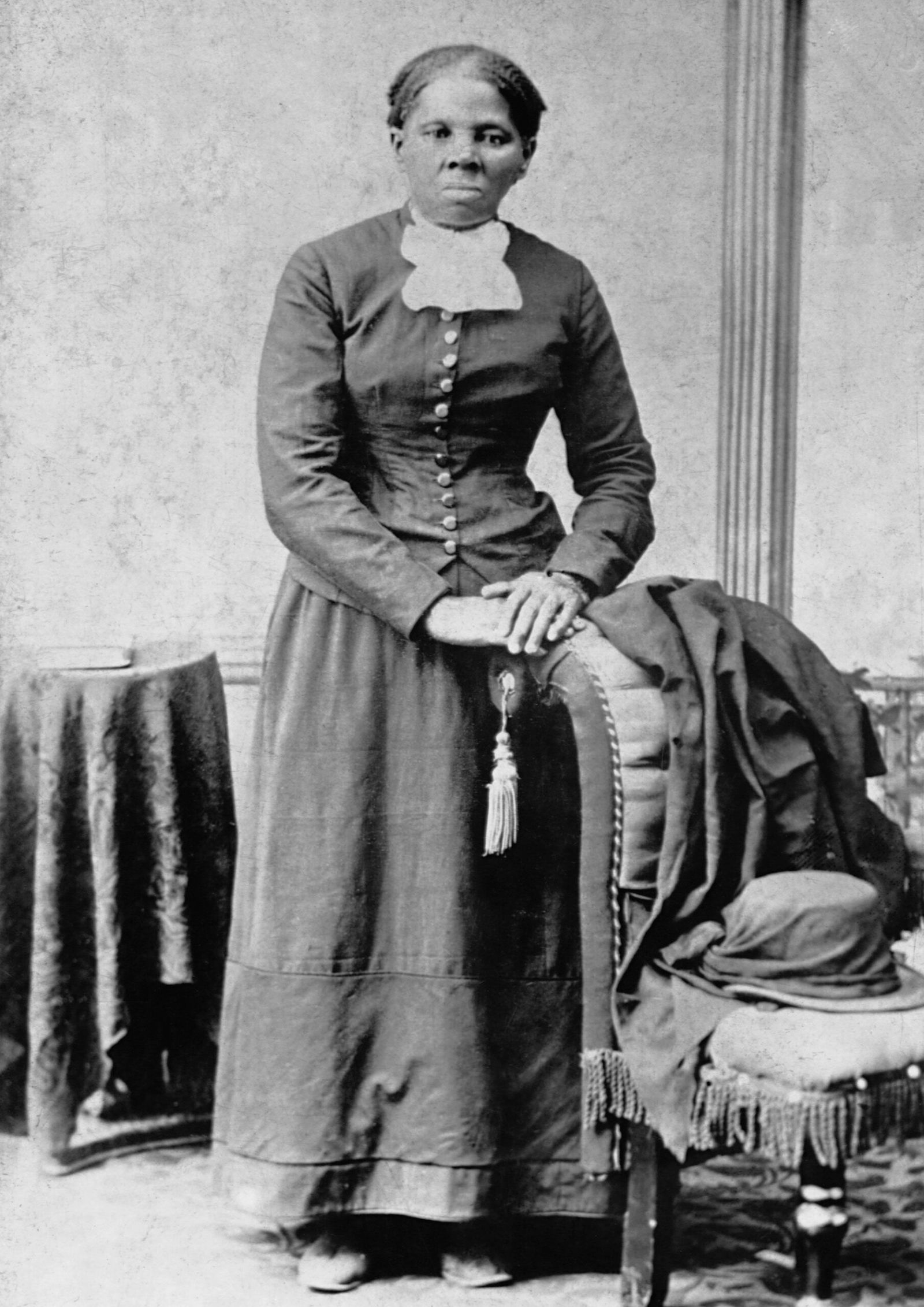National Park Service removes references to Harriet Tubman from Underground Railroad webpage

An image of and quote from Harriet Tubman have been removed from a National Parks webpage about the “Underground Railroad
By Zoe Sottile, CNN
(CNN) — A large image of and a quote from Harriet Tubman have been removed from a National Park Service webpage about the Underground Railroad, following several prominent changes to government websites under the Trump administration.
A comparison on the Wayback Machine between the webpage on January 21 and March 19 shows that the large image of Tubman – the railroad’s most famous “conductor,” lauded for helping scores of people escape slavery – has been swapped with a series of five commemorative stamps showing Tubman alongside William Still, Catherine Coffin, Thomas Garrett and Frederick Douglass. All five aided enslaved people seeking freedom. The stamps tout “Black/White” cooperation.
A quote from Tubman about her experience coordinating the clandestine network for slaves seeking freedom also no longer appears on the NPS page.
The Washington Post first reported on the changes.
The focus of the text also changed significantly, comparison shows.
The new page does not mention slavery until the third paragraph, and cuts a reference to the Fugitive Slave Act of 1850 entirely. Previously, the article started with a description of enslaved peoples’ efforts to free themselves and the organization of the Underground Railroad after the Fugitive Slave Act, the article now starts with two paragraphs that emphasize the “American ideals of liberty and freedom.”
The first sentence of the page describes the Underground Railroad as “one of the most significant expressions of the American civil rights movement.”
Tubman’s reduced presence on the Underground Railroad page “is both offensive and absurd,” Fergus Bordewich, a historian and the author of a book about the Underground Railroad, told CNN Sunday. He described the new webpage as “diminished in value by its brevity.”
“To oversimplify history is to distort it,” Bordewich went on. “Americans are not infants: they can handle complex and challenging historical narratives. They do not need to be protected from the truth.”
Janell Hobson, a professor of women’s studies at the University at Albany, State University of New York, described Tubman as “one of our greatest American heroes and definitely the greatest liberator in this nation” in an email to CNN.
“I hope that National Park Service realize they owe it to her and other heroes like her to stand in the truth of what this history has been,” she said.
In response, an NPS spokesperson told CNN Monday that “the idea that a couple web edits somehow invalidate the National Park Service’s commitment to telling complex and challenging historical narratives is completely false.” The spokesperson highlighted the two national historical parks named for Tubman.
“The National Park Service recognizes Harriet Tubman as the Underground Railroad’s best known conductor and we celebrate her as a deeply spiritual woman who lived her ideals and dedicated her life to freedom,” reads the agency’s response.
In the updated webpage, there are no references to Tubman beyond the small commemorative stamp.
But there is a separate National Park Service page dedicated to Tubman, who was born into slavery in Maryland before fleeing to Philadelphia. She returned to Maryland over a dozen times to help free other slaves, guiding them through the “Underground Railroad,” a secret network of routes and safe houses. The park service webpage on Tubman does not seem to have been changed since January 28, 2025.
The past few months have also seen other controversial changes to government websites as the Trump administration enacts a campaign to eliminate DEI, or diversity, equity, and inclusion. The removal of the words “transgender” and “queer” from a National Parks Service webpage about Stonewall Monument in New York City triggered protests in February.
In March, the Pentagon seemingly took down a page about Jackie Robinson, the trailblazing baseball player who became the first Black Major League Baseball athlete in the modern era, before restoring it.
Articles about topics seemingly unrelated to DEI – including the Holocaust, cancer awareness, and sexual assault – have also been removed from Pentagon webpages. Pentagon officials were instructed to search for keywords like “racism,” “ethnicity,” “LGBTQ,” “history” and “first” when identifying articles and photos to remove, multiple defense officials previously told CNN.
In his second term, President Donald Trump has taken multiple steps to take control of American cultural and historical institutions, gutting the board of trustees at John F. Kennedy Center for the Performing Arts in Washington, DC and targeting the Smithsonian Institution in an executive order in late March.
In his order, Trump specifically identified the National Museum of African American History and Culture and the Smithsonian American Art Museum as carrying exhibits and promoting language he deemed inappropriate.
This story has been updated with additional information.
The-CNN-Wire
™ & © 2025 Cable News Network, Inc., a Warner Bros. Discovery Company. All rights reserved.
